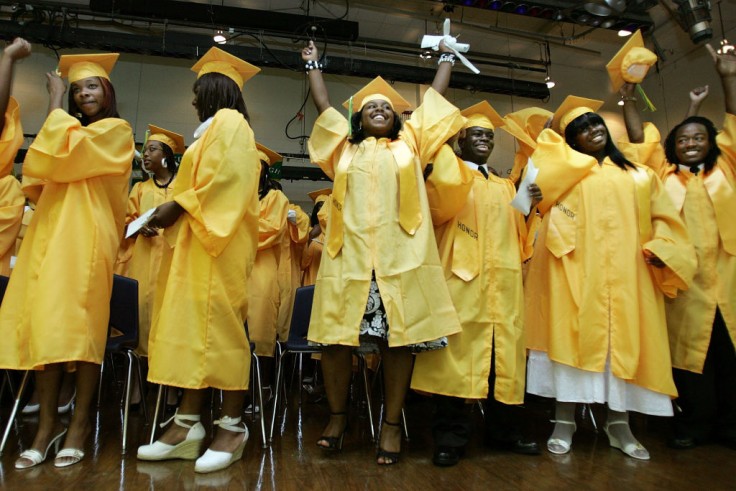
Two Black female chemists open up about racism and inequality. Black women's experience in the field of science and how they are currently helping young girls to ensure they never encounter what they went through.
Clarice Phelps and Candice Halbert want to leave a legacy as Black women in science. And they are doing this by educating underserved youth and instilling in them that they are worthy of whatever they achieve in life regardless of society telling them the opposite.
Black women comprise only two percent of all scientists and engineers, as stated by the National Science Foundation in a 2015 report. The percentage is the same for Hispanic women compared to the seven percent of Asian women and 18 percent of White women.
To increase Black women in science and the STEM workforce, Phelps and Halbert voluntarily offer their off-hours to bring science, technology, engineering, and math education to the underserved youth at Knoxville through Youth Outreach in STEM (YO-STEM), Halbert's non-profit organization founded seven years ago.
"Being a Black woman in science is being seen and unseen at the same time. People see you because you stand out, but they unsee you because they don't think you should be there - some may not see you as being credible or worthy. But I'm supposed to be exactly where I'm at. And I'm leaving a legacy for whoever is coming next," Phelps expressed.
Limitless opportunities for a STEM career
Forty-two-year-old Halbert stressed that they are preparing these underserved youth to take their place in the industry someday soon. They look forward to hiring them and watching them grow and spread their wings without prejudice but with complete confidence that they deserve to be where they are.
Both women recalled how kids would sketch an older White man not long ago when asked to draw their idea of a scientist. Now, more and more middle schoolers would sketch women, and it's a promising "step," Phelps told People.
They would also want the kids to know that a science job is not limited to becoming only a doctor. Thus, they teach them about biochemistry and intellectual engineering, exposing them to "more diverse individuals and fields" so that they will be aware that they can pursue different careers and that a STEM career can open limitless opportunities for them.
Read More: Singapore Students Are Most STEM-Savvy In The World: What Does America Need To Improve On?
Breaking the 'glass ceilings'
Nuclear chemist Phelps was the first Black woman to discover element No. 117, the tennessine. She was labeled as the Black woman who has "claimed a seat at the periodic table," as tennessine now holds a place on the table of chemical elements. She hopes her achievement will tell every Black girl in the world that they, too, can have a place in science.
Both mothers, who are at the same time working on their doctorate studies, aim to expand the YO-STEM to children all over the country shortly.
The YO-STEM is created to nationally equip underserved students by providing hands-on STEM experiences and engagements through "independent ownership" to pave the way in the marketplace for a competitive advantage, build wealth, and positively impact society. They offer 3D design, printing, robotics, coding, and chemistry and engineering projects.
Phelps proclaimed that their deepest desire for these young ones is that they would not experience the racism and inequality they had encountered "because those glass ceilings will have been broken and the pieces swept away."
Related Article: Ivanka Trump, Betsy DeVos Urging Teens To Consider STEM Careers? Government Intervention, School Choice Support Spark Concerns